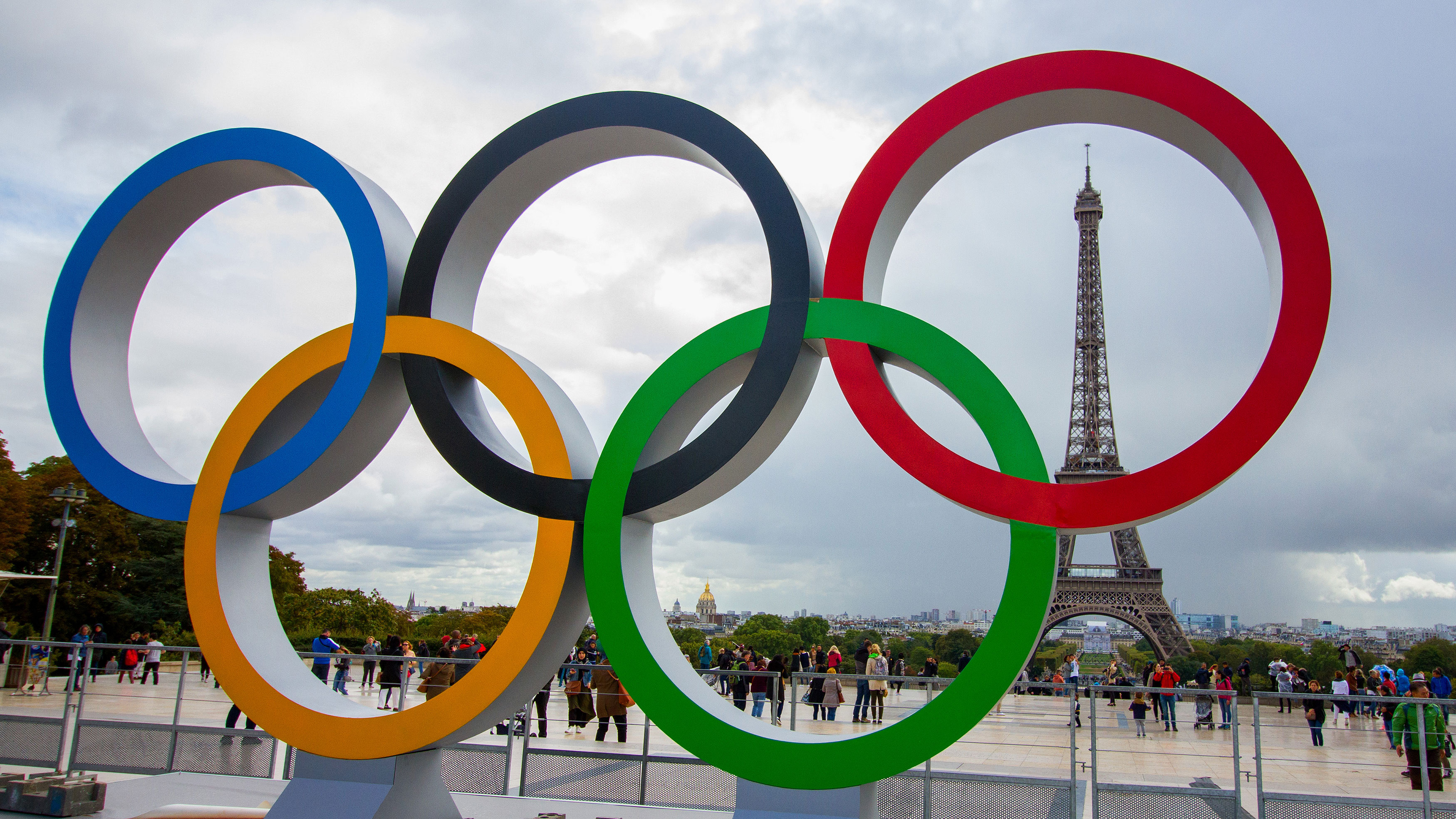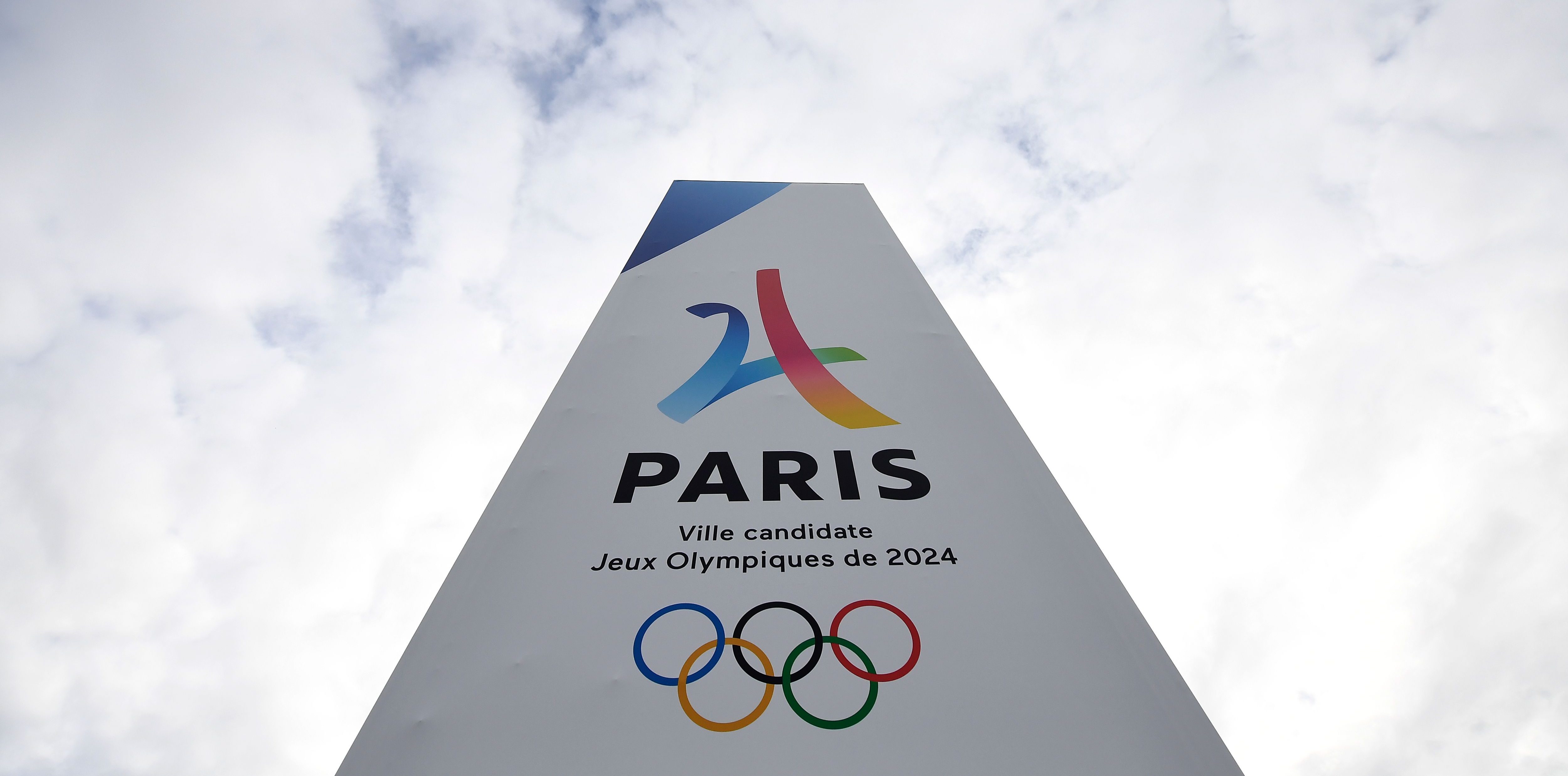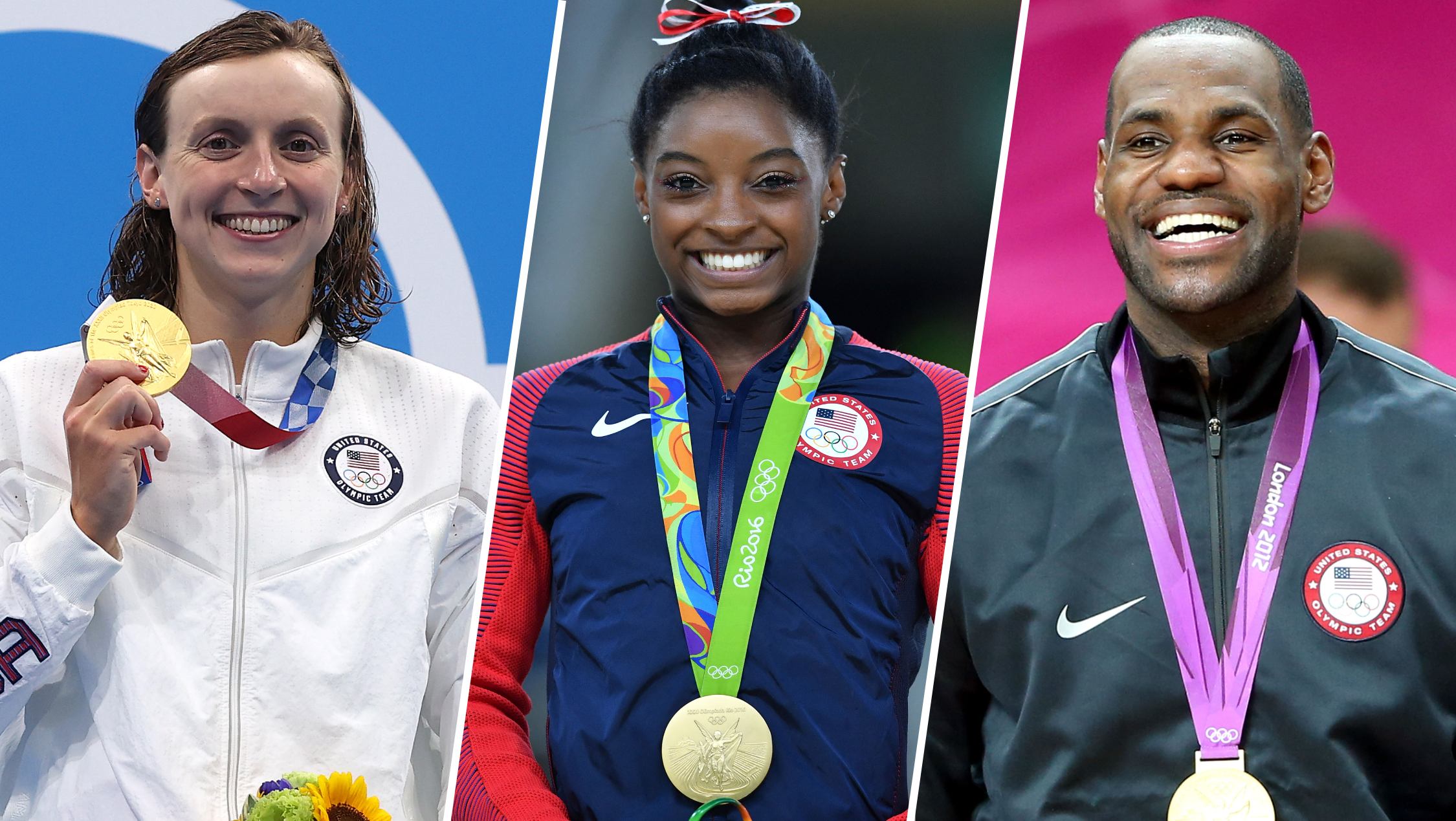After months of anticipation, Paris Mayor Anne Hidalgo took a dip in the long-polluted Seine River on Wednesday, fulfilling a promise to show the river was clean enough to host open swimming competitions during the 2024 Olympics — and the Opening Ceremony on the river nine days away.
Clad in a wetsuit and goggles, Hidalgo plunged into the river near the imposing-looking City Hall, her office, and the Notre Dame Cathedral. Paris 2024 chief Tony Estanguet and the top government official for the Paris region, Marc Guillaume, joined her, along with swimmers from local swimming clubs.
Watch NBC6 free wherever you are
“The Seine is exquisite,” said Hidalgo from the water. After emerging, she continued to rave, “The water is very, very good. A little cool, but not so bad.'' She also said today was “a dream” and a “testimony that we have achieved a lot of work,” referencing the city’s “swimming plan” that was launched in 2015.
They swam down the river for about 100 meters, switching between crawl and breaststroke.
Get local news you need to know to start your day with NBC 6's News Headlines newsletter.
“After twenty years of doing sports in the river, I find it admirable that we are trying to clean it up,” said Estanguet, who has three Olympic gold medals in canoeing.
It’s part of a broader effort to showcase the river’s improved cleanliness ahead of the Summer Games which will kick off July 26 with a lavish open-air ceremony that includes an athletes’ parade on boats on the Seine. Daily water quality tests in early June indicated unsafe levels of E. coli bacteria, followed by recent improvements.
Swimming in the Seine has been banned for over a century. Since 2015, organizers have invested $1.5 billion to prepare the Seine for the Olympics and to ensure Parisians have a cleaner river after the Games. The plan included constructing a giant underground water storage basin in central Paris, renovating sewer infrastructure, and upgrading wastewater treatment plants.
Originally planned for June, Hidalgo’s swim was postponed due to snap parliamentary elections in France. On the initial date, the hashtag ”jechiedanslaSeine” (“I’m pooping in the Seine”) trended on social media as some threatened to protest the Olympics by defecating upstream.
That didn't deter Hidalgo, who carefully entered the river Wednesday using a ladder on an artificial pond, set up for the event. Seven security boats were deployed for the occasion.
The upper banks were crowded with curious spectators.
“I wouldn’t have missed that for anything in the world,” said Lucie Coquereau, who woke up early to get the best view of Hidalgo’s up from the Pont de Sully bridge that oversees the swimming site.
Enzo Gallet, a competitive swimmer who has taken part in France's national open-water championship, was among athletes invited to test the Seine alongside the Paris mayor.
The 23-year-old swam just a few meters from Hidalgo. “Her crawl form was pretty good,” he said, emerging from the water. “It’s pretty special to be among those who swam in the middle of Paris for the first time in a long, long time.”
After the officials had left the Seine river banks, many swimmers were still in the water, some playing catch with a ball and others practicing their dives from the artificial pond — all in a very festive mood.
Other politicians have promised to clean up the Seine. Jacques Chirac, the former French president, made a similar pledge in 1988 when he was Paris mayor, but it was never realized.
Hidalgo followed in the footsteps of French Sports Minister Amélie Oudéa-Castéra, who swam in the Seine on Saturday wearing a full-body suit.
Concerns over the Seine’s flow and pollution levels have persisted, prompting daily water quality tests by the monitoring group Eau de Paris. Results in early June indicated unsafe levels of E. coli bacteria, followed by recent improvements.
The Seine will host several open water swimming events during the Games, including marathon swimming at the Olympic Games and the swimming legs of the Olympic and Paralympic triathlons.
___
Barbara Surk in Nice, France contributed to this report.





